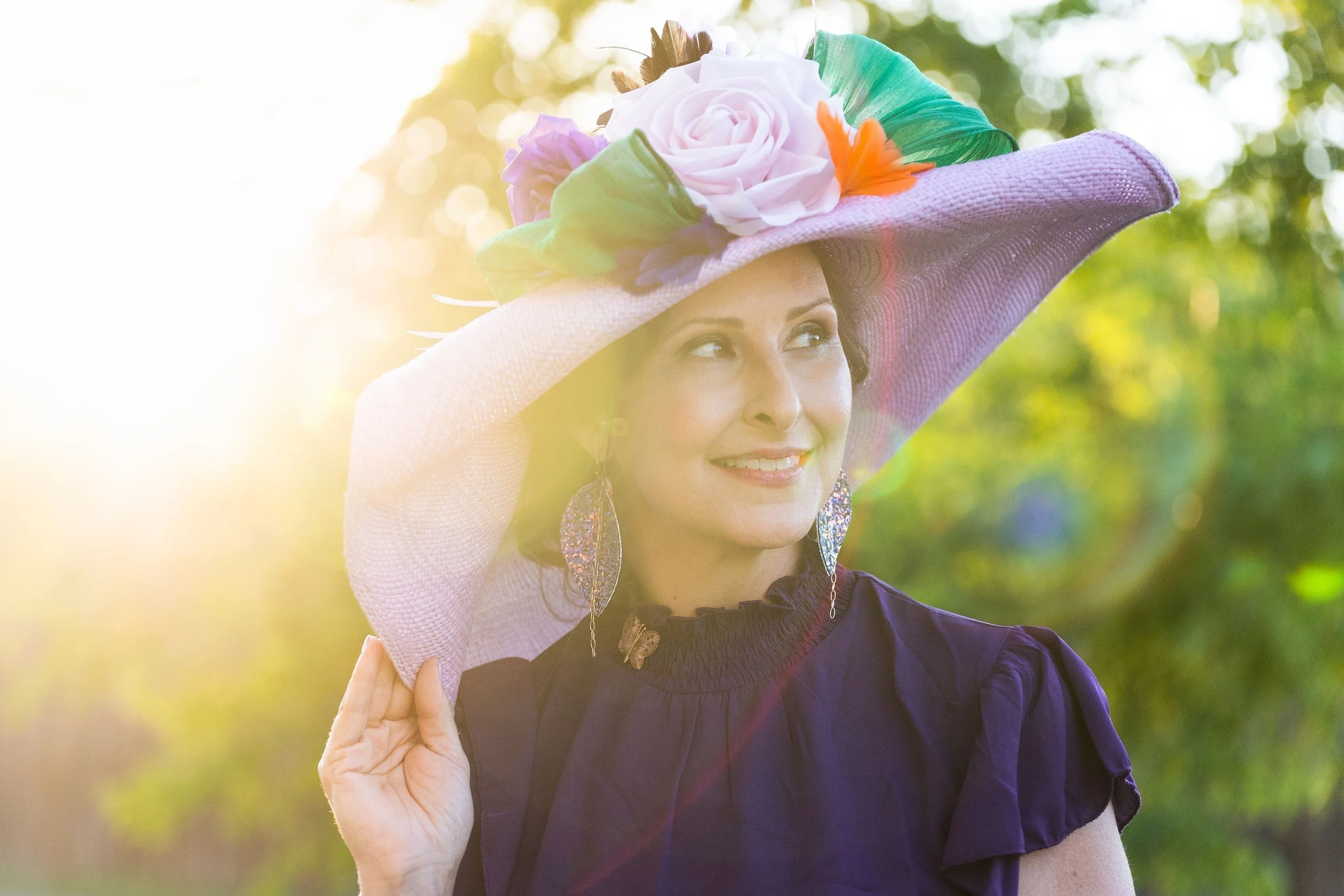By Linnea Mohn
“The scene” is relative. My scene tends to be music. Venues range from seated theaters to dive bars. It’s an exercise in contradictions since I’ve chosen to spend time in places that largely disagree with my preferred way of being in the world. Crowds? Only with an escape plan. Noise? If I’ve got some plugs. Booze? Once upon a time, but I was more interested in happily ever after, and alcohol was my wicked stepsister, sobriety my prince.
So, how do I—as a sober, introverted musician, music lover and new mother of a lively and lovable 8-month-old—not only stay sane but actually have fun in environments that can deplete me, even as they energize the extroverts among us?
There must be a reason I want to be there, right? Yes. I love to play and to see other people with that same love. Strip everything else away—the lugging of gear, the waiting around, that fleeting notion that those drink tickets burning a hole in my bra (dresses need pockets) could make it all more fun and me more fearless—and you’re left with the music part. Give the drink tickets away. Start playing. Leave feeling lighter.
Side note: If you are a new parent, this particular “scene” may seem impossible to navigate for a while. That’s OK. You’ll find your way back if you want to. Patience. Also, make peace with sleep deprivation. If you feel frustrated and irritable, there is a reason. It’s not you. It’s sleep. Or lack thereof. Not being rested torpedoes well-being. My keys were in the fridge the other day. And I called a colleague Doug, even though his name is Gary. I slap my forehead every time I think about it. Yet another reminder to practice asking for help. Trust me. Your friends and family want to hold the baby so you can nap and shower. Let them.
Back to the scene.
Shows both big and small, work functions, holiday parties and family gatherings have unique ways of sneaking up on anxiety blind spots. If you’re like me, these events can end up costing you hours, even days, of recovery time—whether you drink or not. The thing that defines me as an introvert isn’t that I dislike or struggle to get along with people—I don’t—but at a certain point, I get drained. I used to compensate for that with alcohol because, let’s face it, when you drink, you cease to care, and become willing to put off exhaustion until later. Now that I don’t drink, I have to be aware of my social threshold. Simple as that. Simple is not necessarily easy. Progress not perfection, right? Right.
Here are three examples of strategies to boost enjoyment and resilience in situations that suck your life force.
Plan ahead by centering yourself before you leave. That means meditate (that hot, new, 5,000-year-old trend). Just sit and breathe deeply for 10 minutes. It works. Also, eat a meal, bring water and cash along, and make sure your phone is fully charged or that you have a charger with you. Have a pre-game conversation with your crew about the who, what, when, where and why questions of the evening. This isn’t meant to stilt spontaneity but to help you feel prepared.
Define and defend your boundaries. Are you the designated driver? Do you want to be home at 1 a.m. because things reliably start to devolve after that time? Communicate that, and make a game plan for what happens at 12:30 if your pals aren’t ready to go. Pre-paid taxis for all!? Organize it. Ask for your money back the next day and settle up. Resentment is toxic. Most importantly, when you’re done, just call it.
Relax. Make that your internal mantra. Repeat it. I often think to myself, “What would Bill Murray do?” I don’t actually know. But I’m pretty sure he’d at least seem relaxed while doing it.
The operative word is balance. Balance in all things is the secret to life, but let’s stay focused. Prioritizing self-care in social situations is key when you want to make the most of your night and the day after. You may start to notice when other people aren’t comfortable with your rock-solid sense of self. Be patient with them and steadfast in the knowledge that they are struggling with finding balance too. In my four-and-a-half years of sobriety, I’ve never been given heat about not drinking by a person with healthy habits.
Cheers to you with my club soda, lime and dash of bitters.
Linnea Mohn is a keyboardist and vocalist in the Twin Cities band Rogue Valley, a DJ at Go 96.3 FM, a voice-over actor and a mom. She’s a graduate of Augsburg College.





